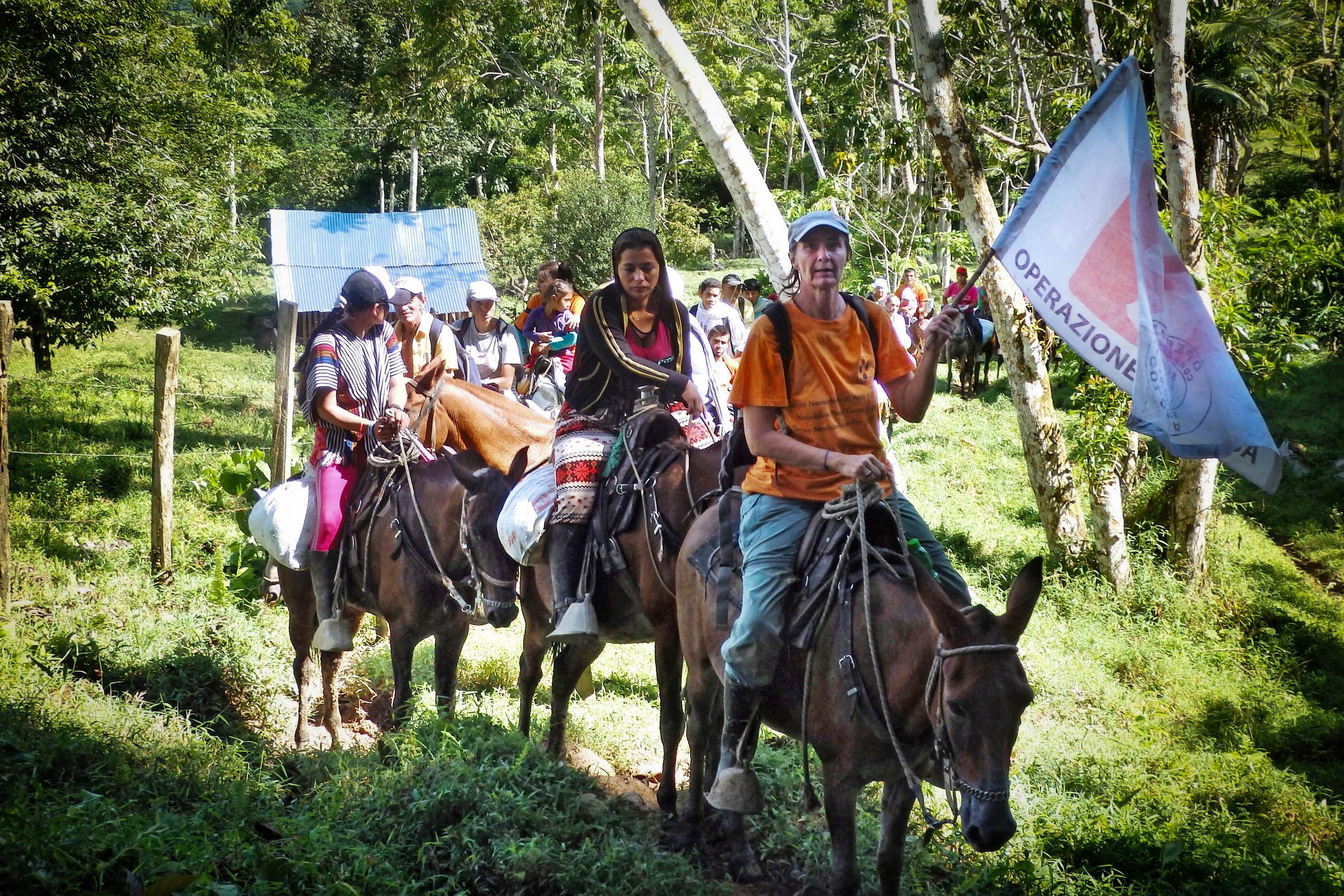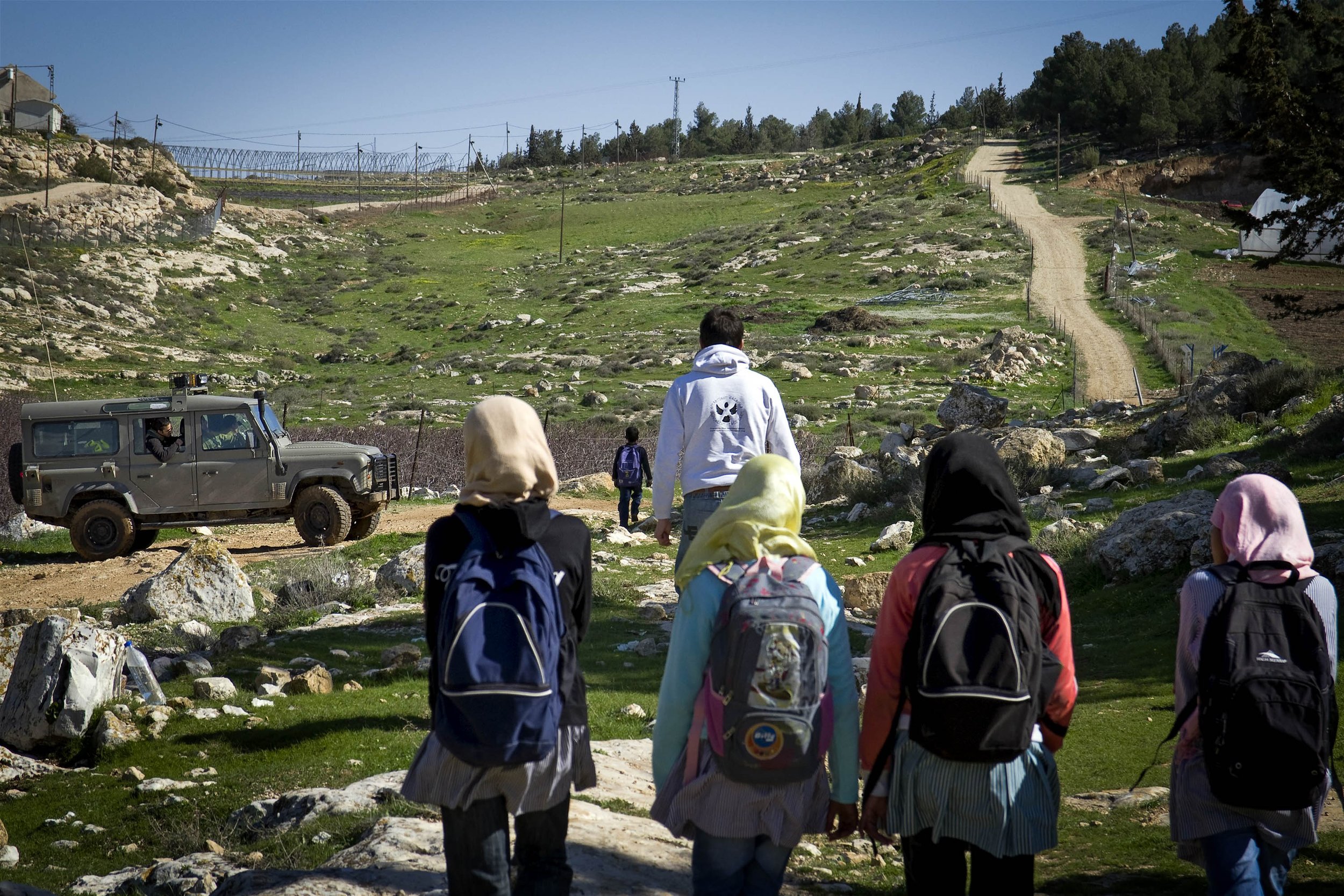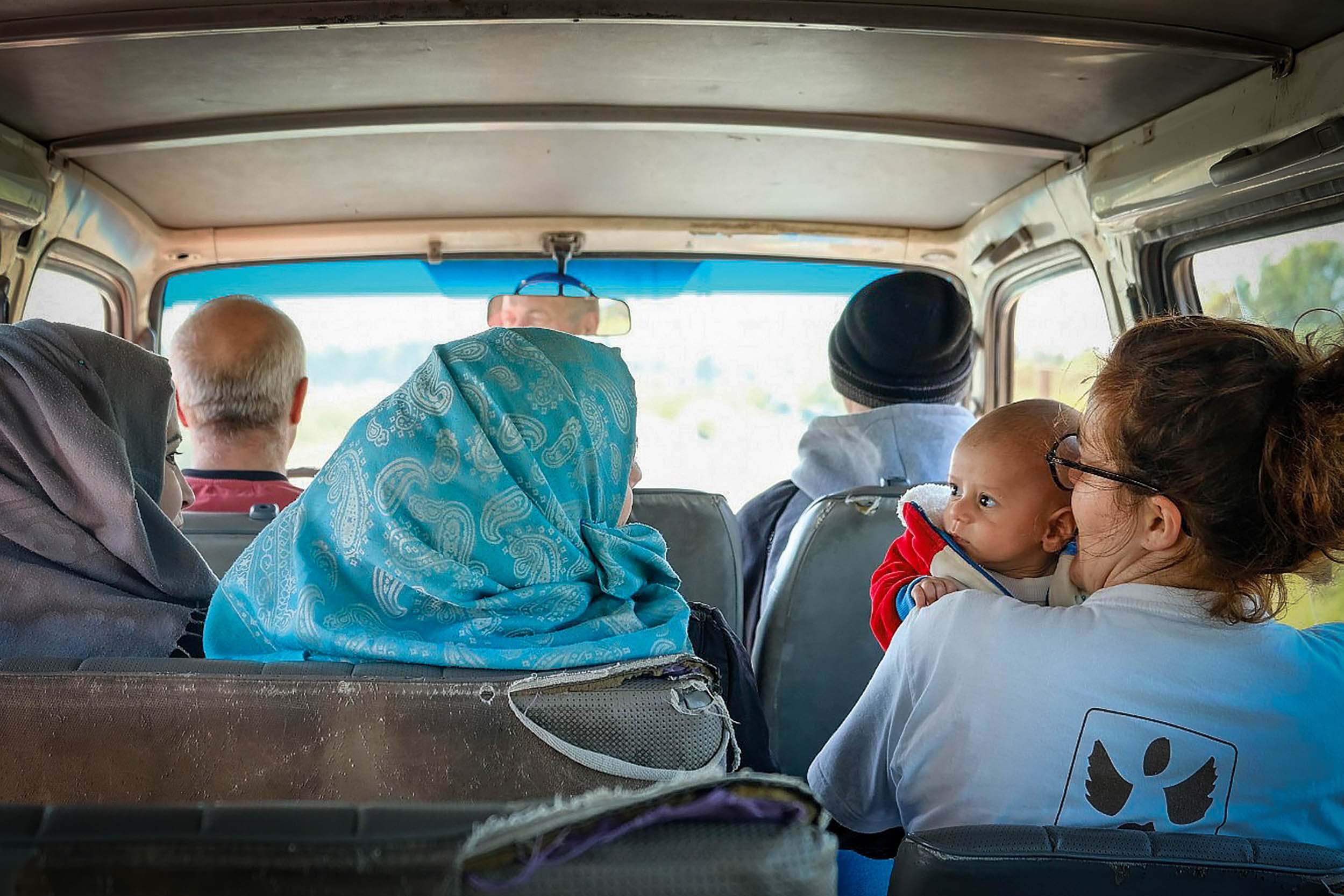Unarmed Civilian Protection/Accompaniment
Community of Practice
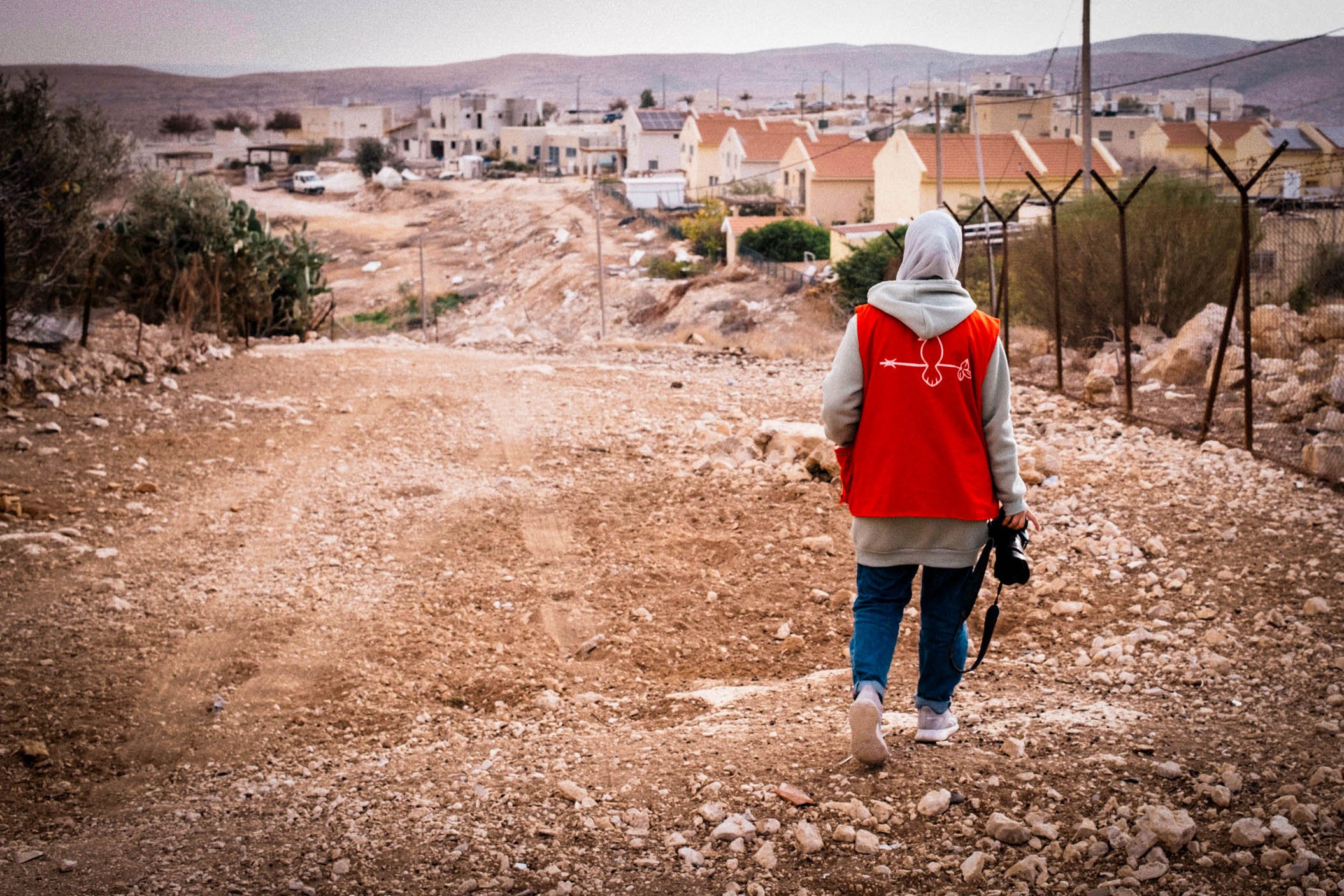
documenting the implications of the expansion of settlements in the West Bank
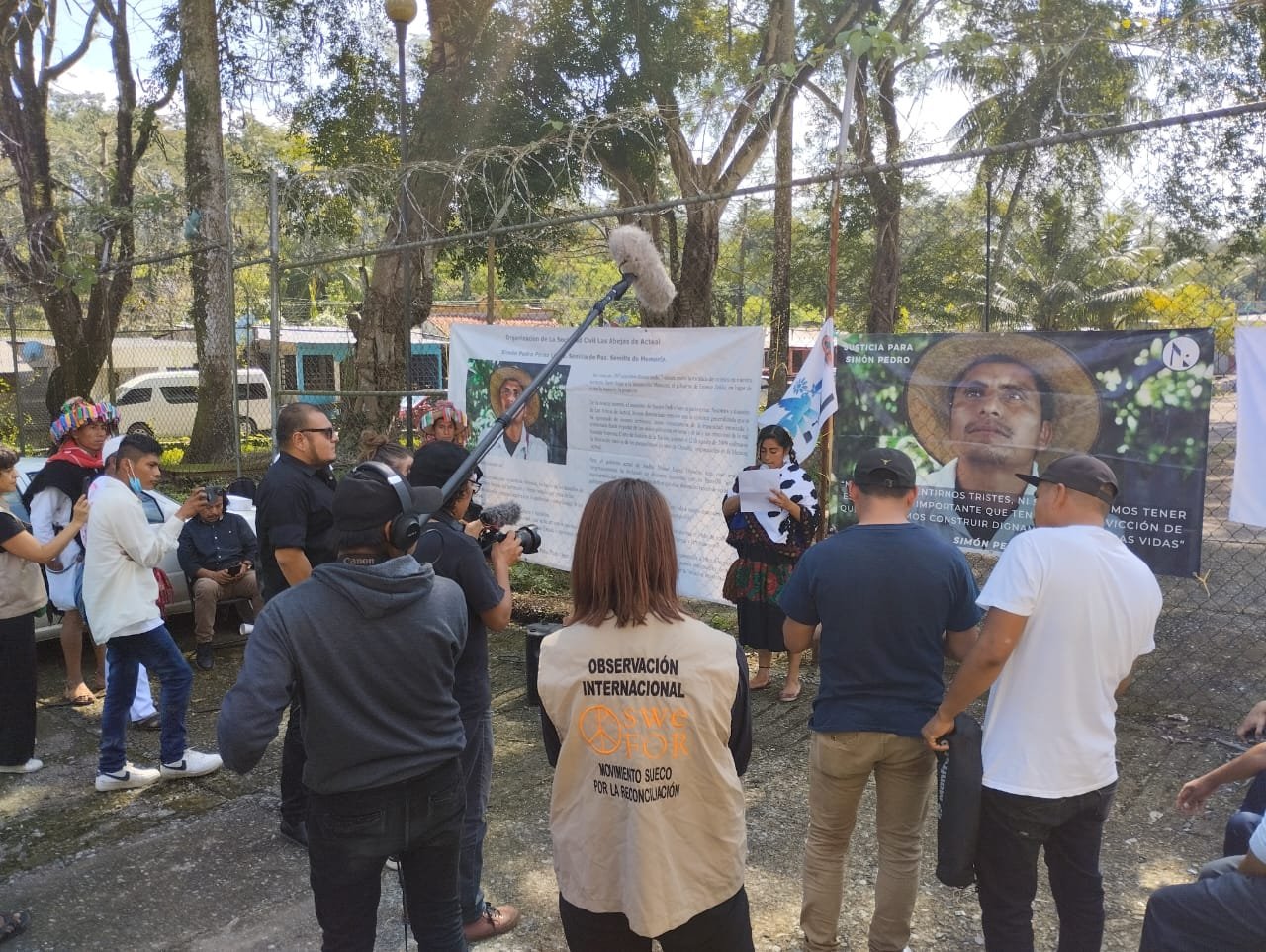
providing presence outside the courtroom during the case against the murderer of human rights defender Simón Pedro Peréz
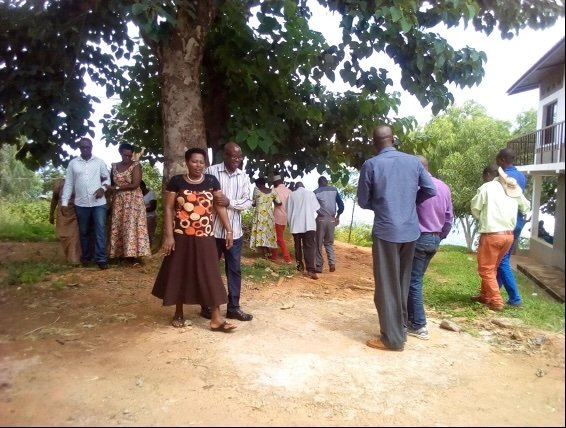
coordinating a trauma healing workshop
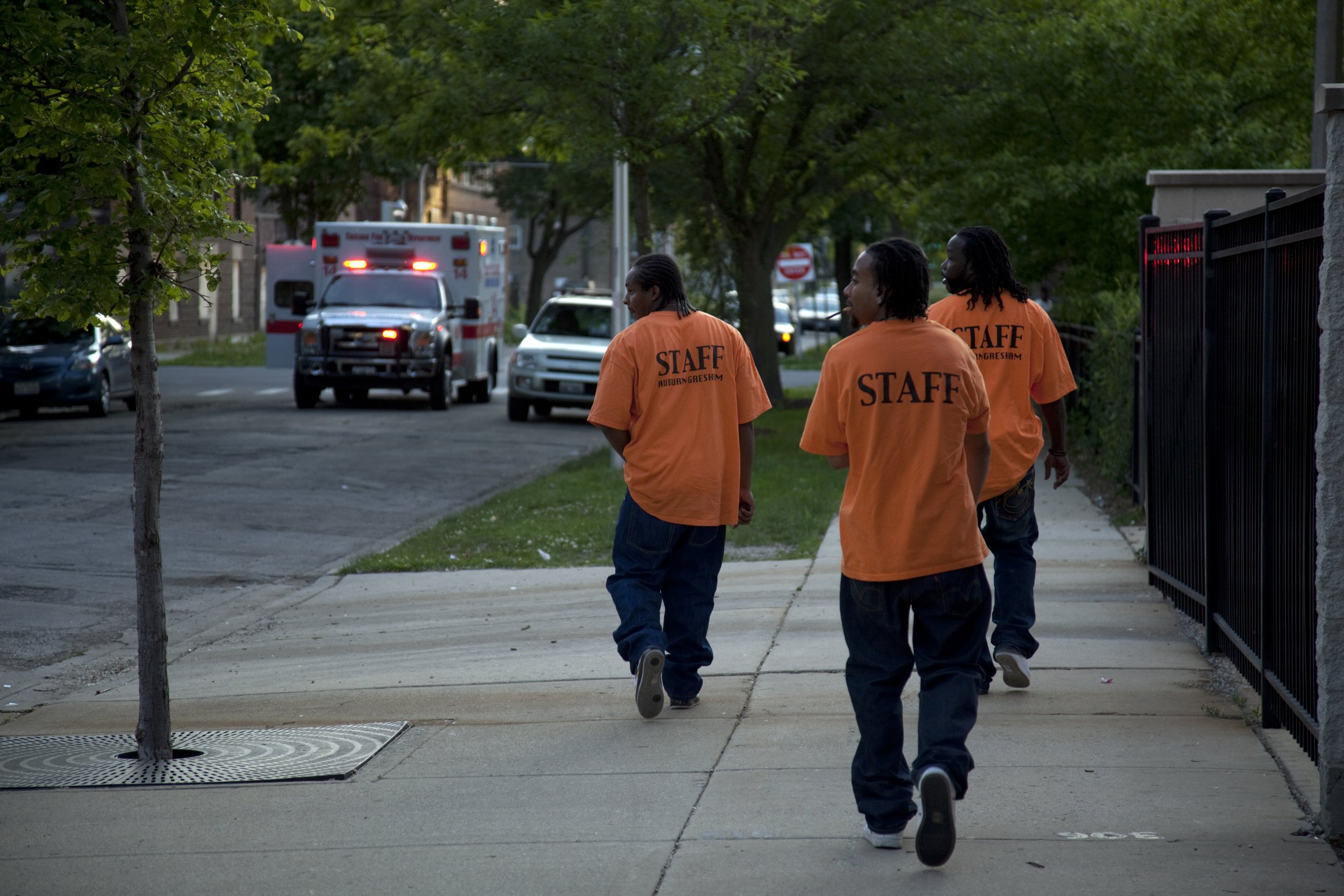
responding to a conflict in their community using Violence Interrupters to try to deescalate the situation
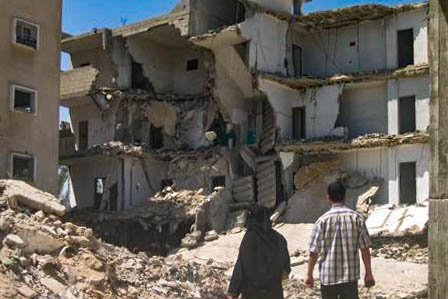
serving as witnesses after an aerial bombing
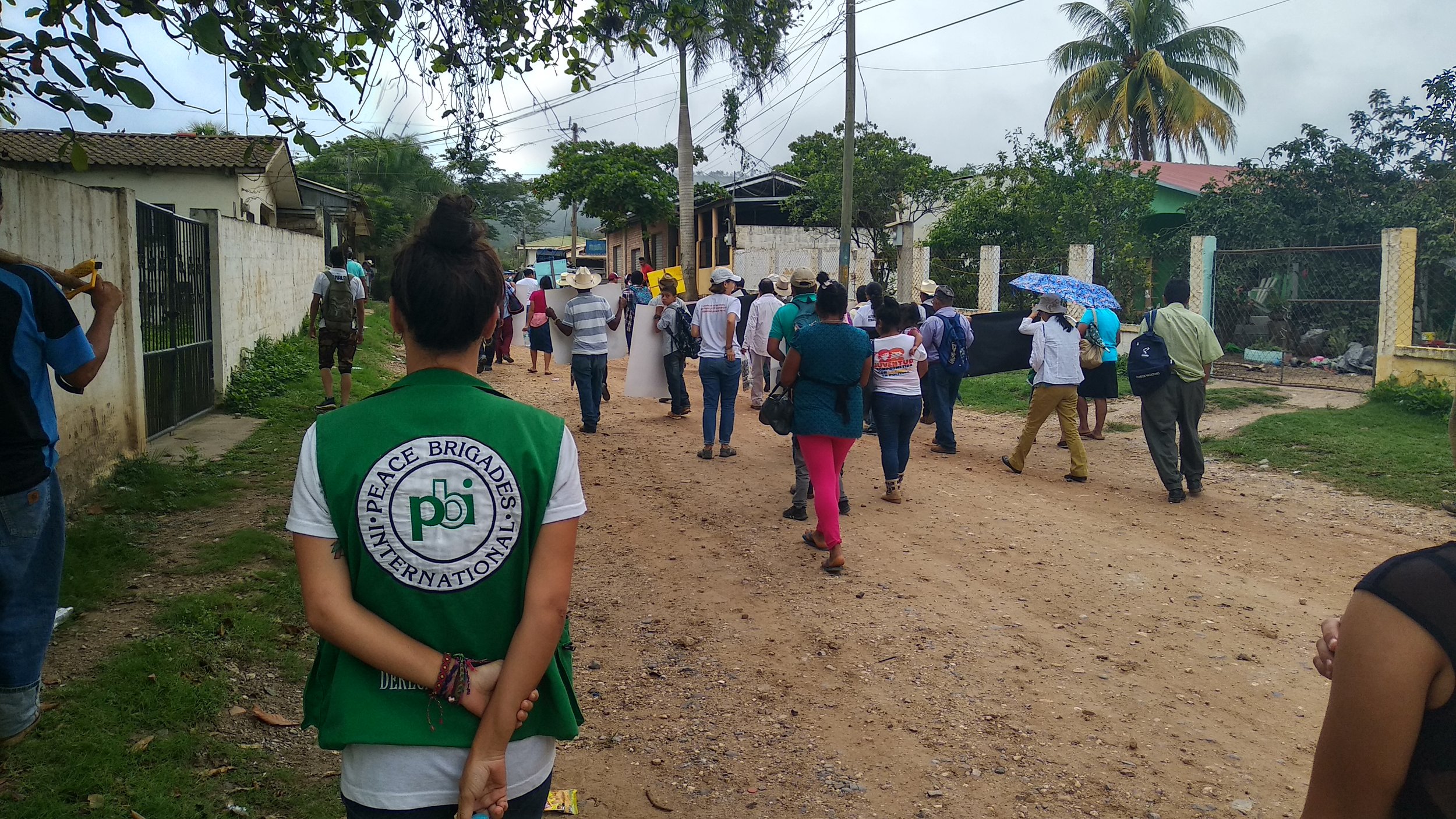
accompanying the National Union of Rural Workers during a mobilization
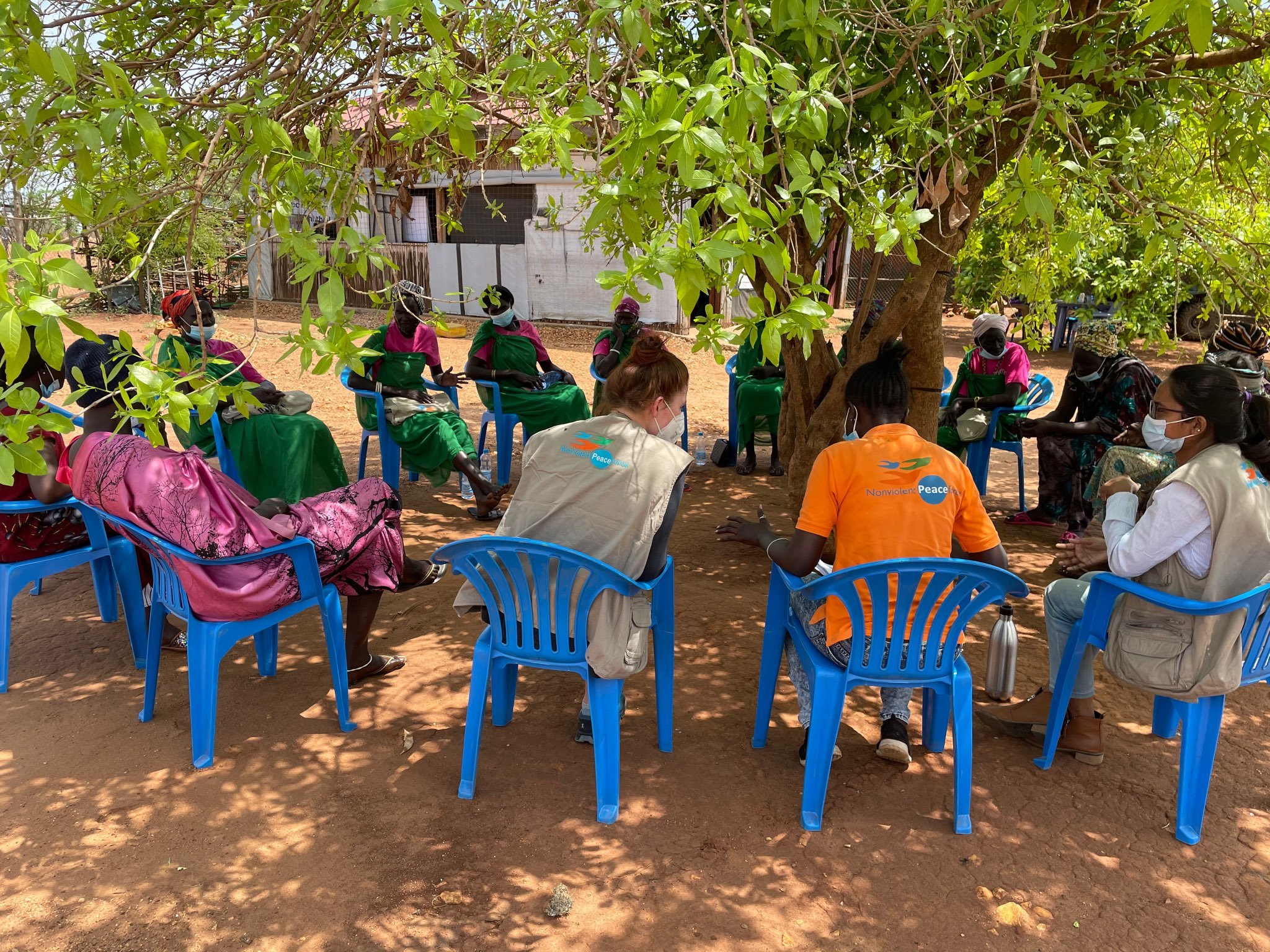
supporting a Women’s Peacemaking Team weekly strategy session
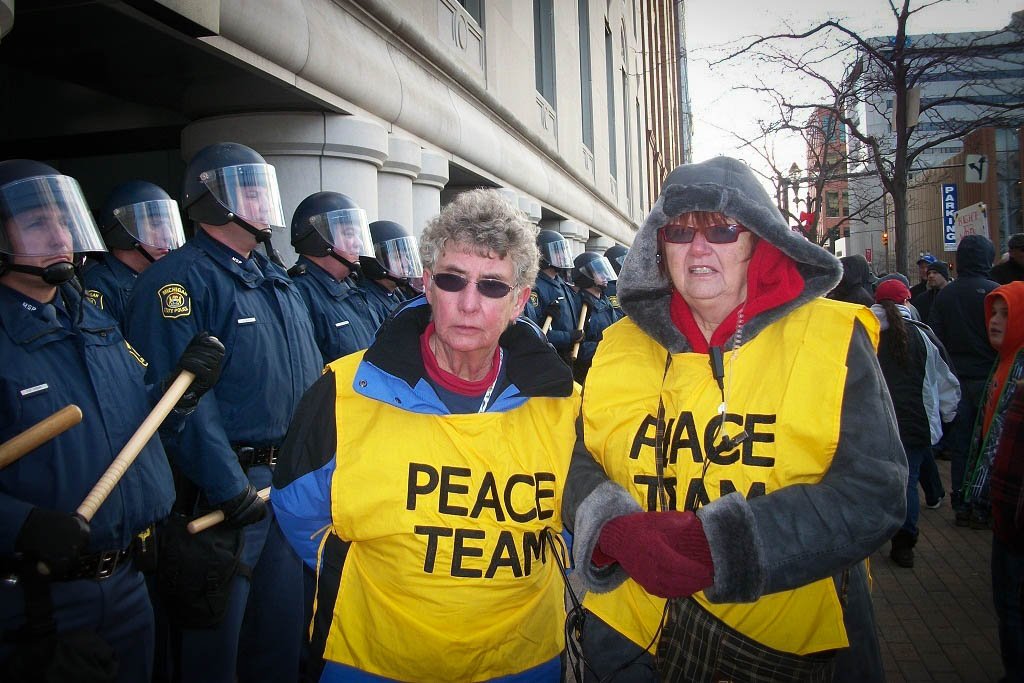
providing presence at labor union rally
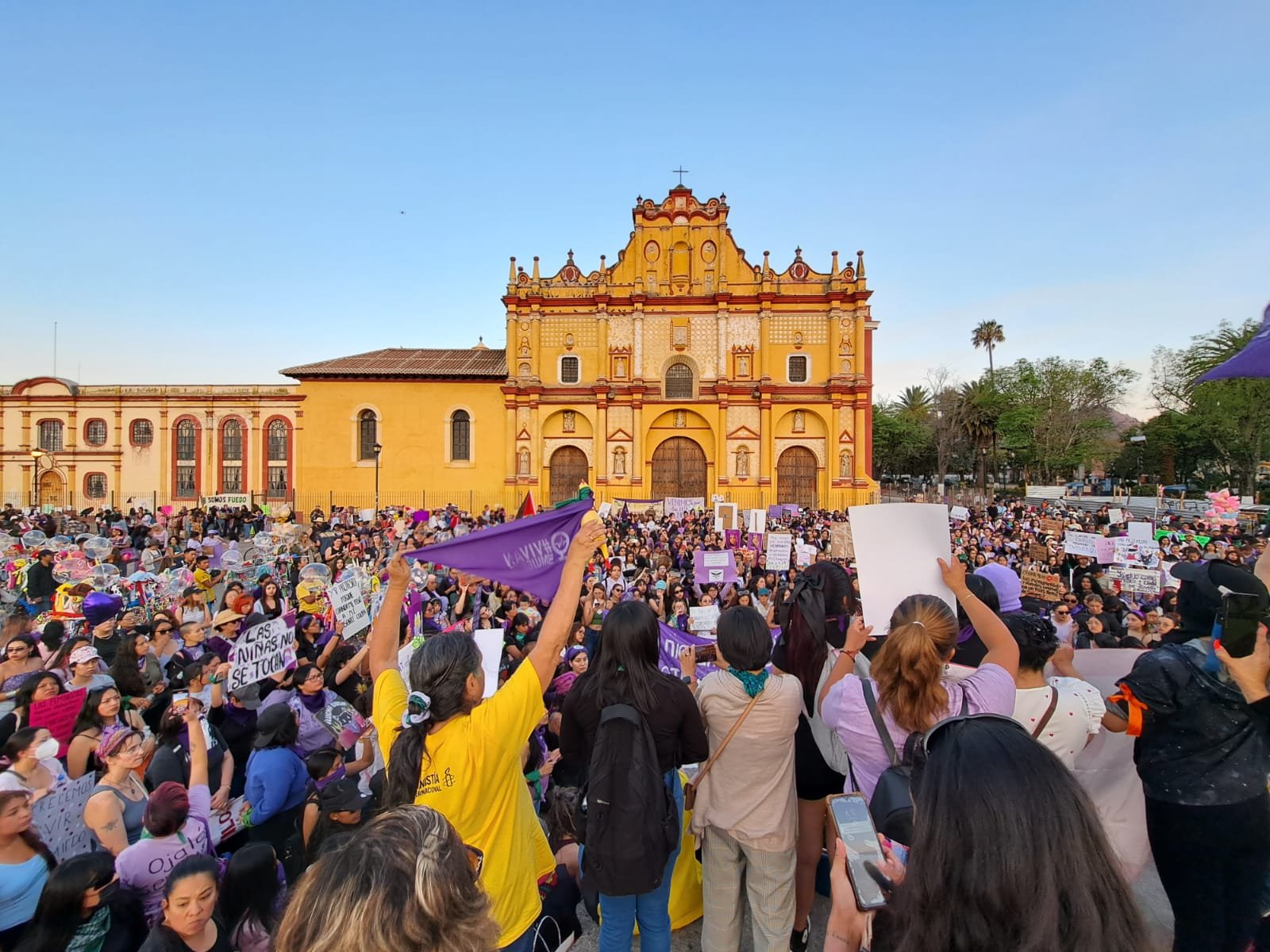
accompanying participants during International Women’s Day March
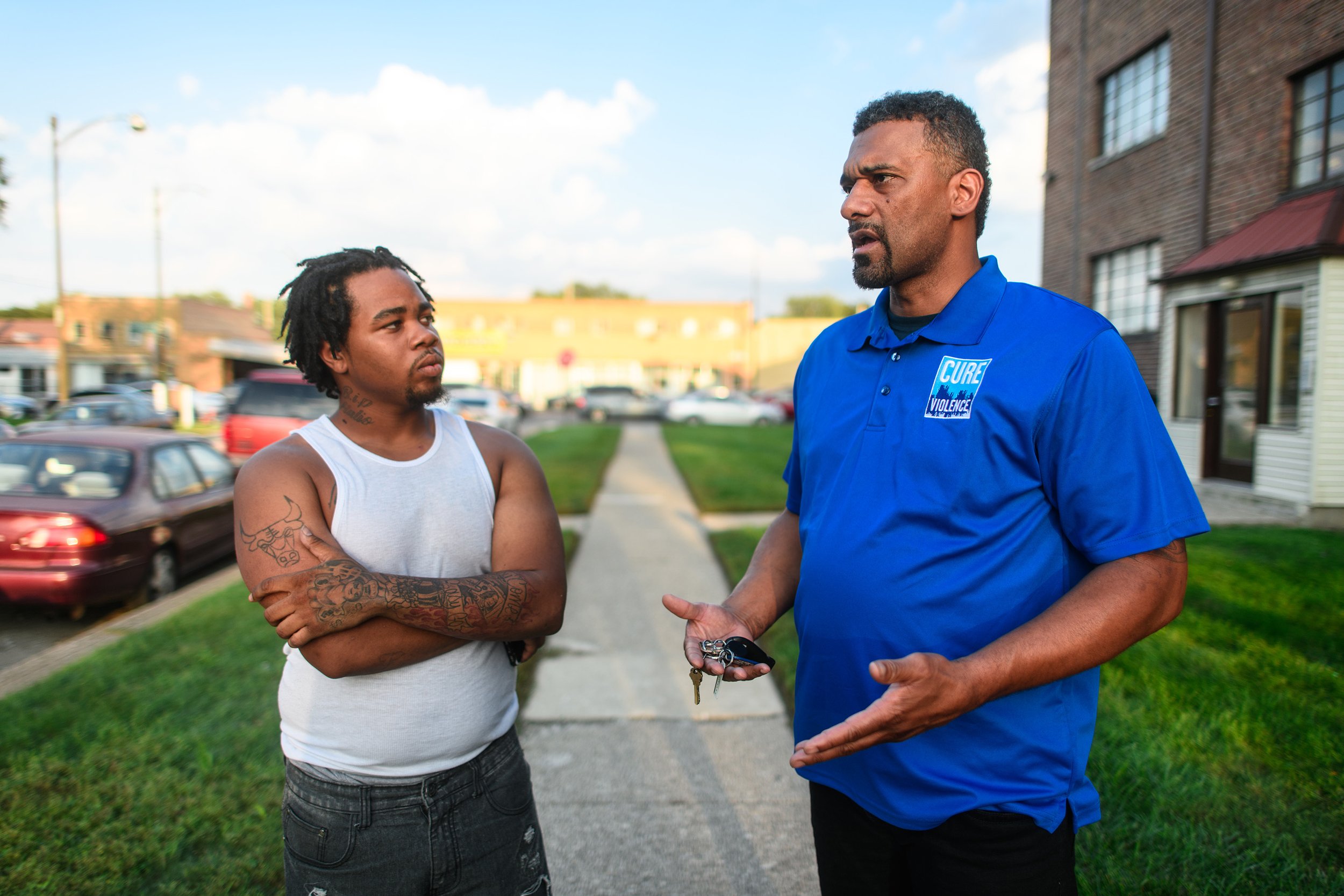
discussing community concerns with a Grand Crossing community member
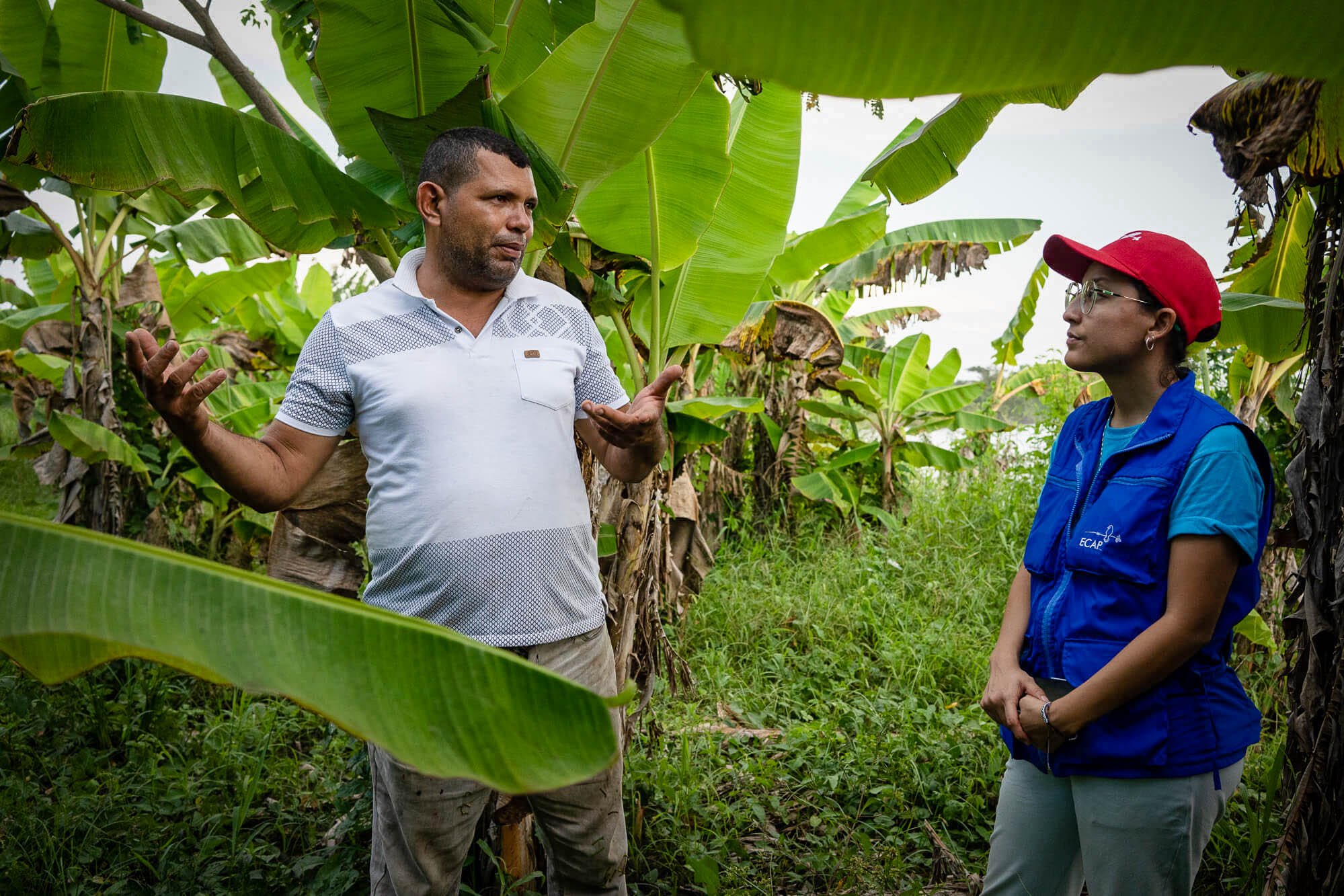
listening to a partner in the farming community of El Guayabo
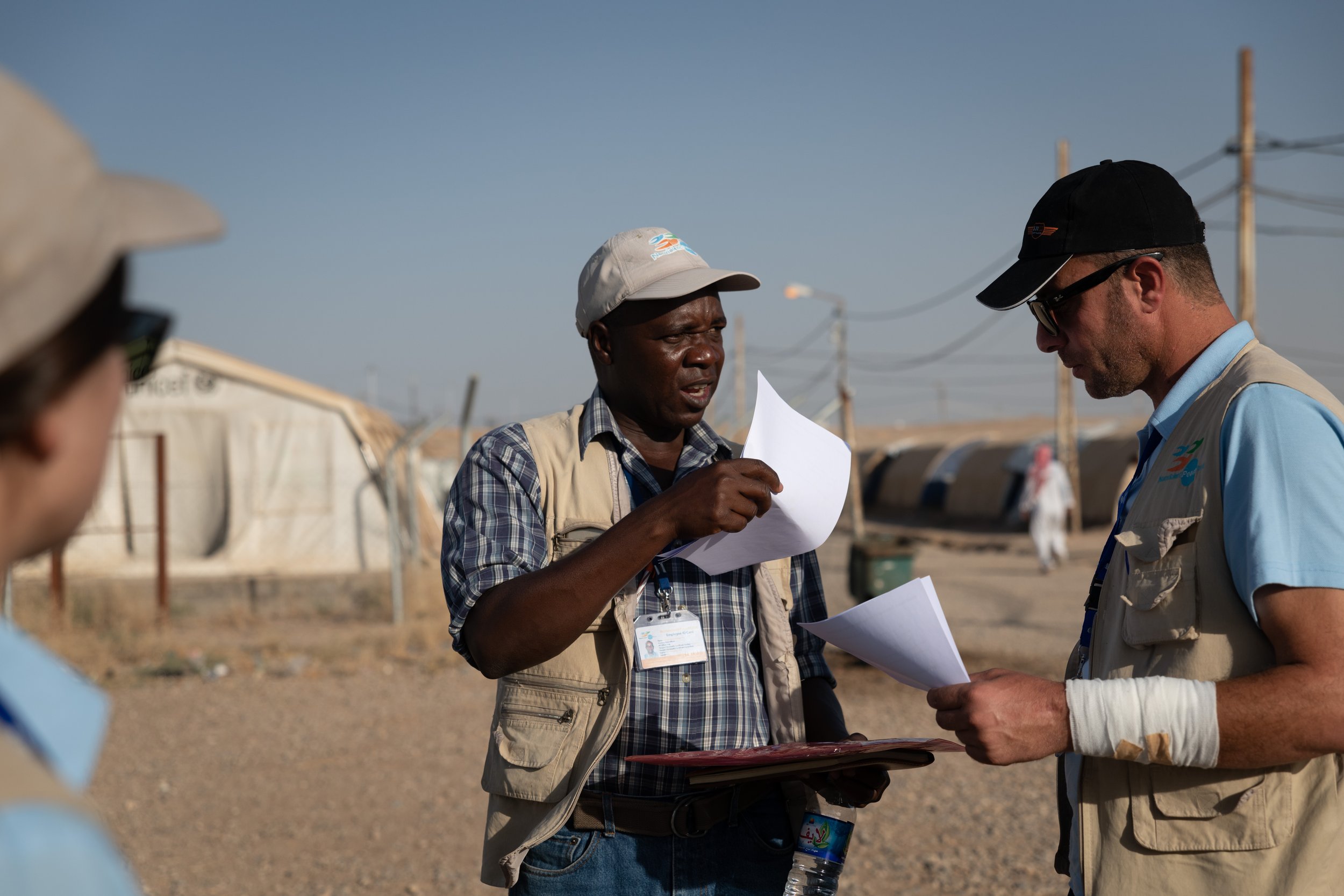
on patrol in an internally displaced person’s camp
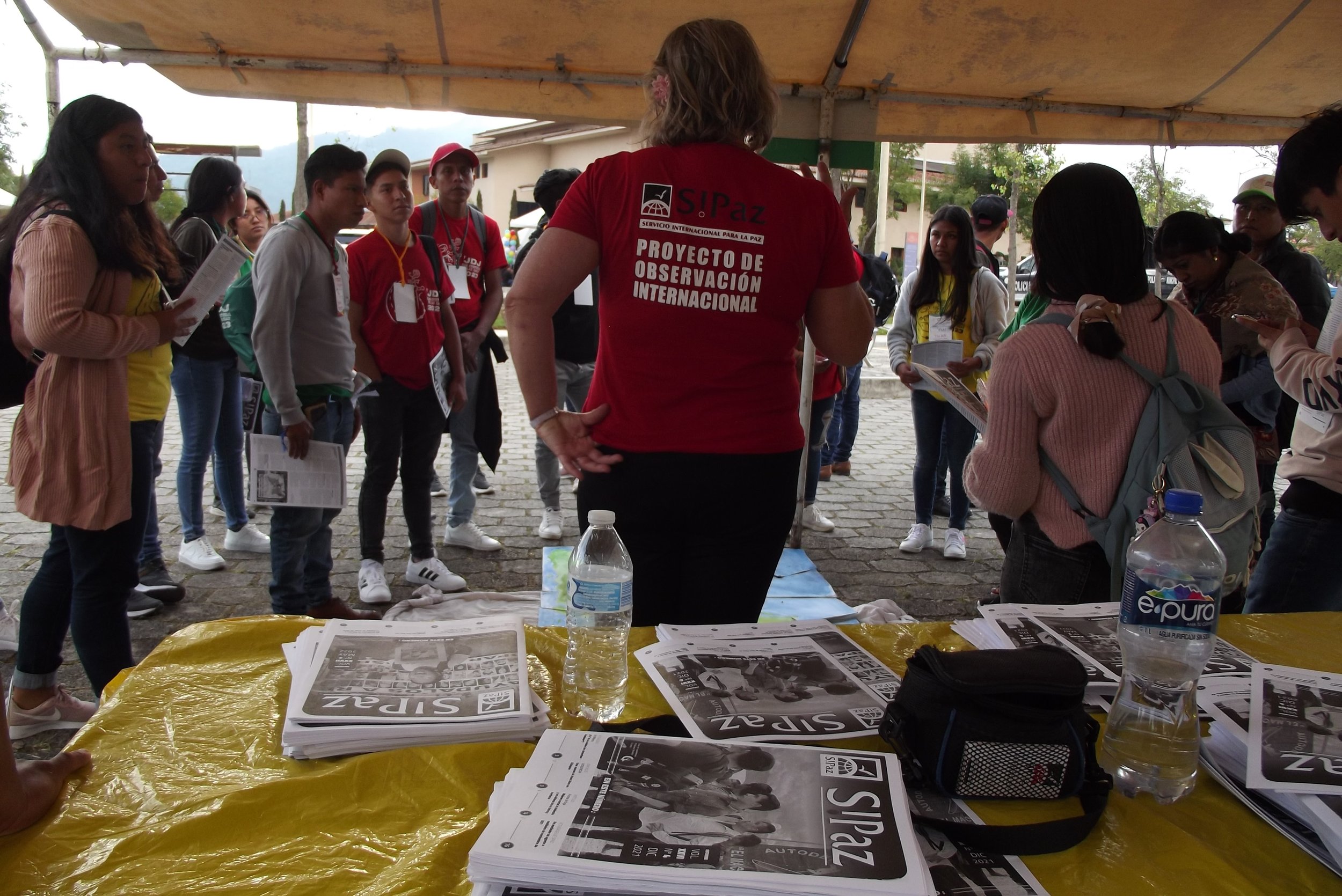
participating in a youth meeting of the Catholic Church discussing peace, non-violence and positive conflict transformation
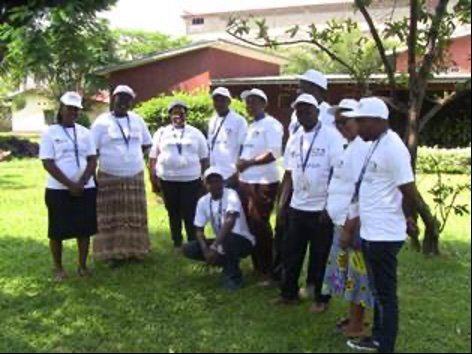
readying the Early Warning/Early Response Team for the 2020 election
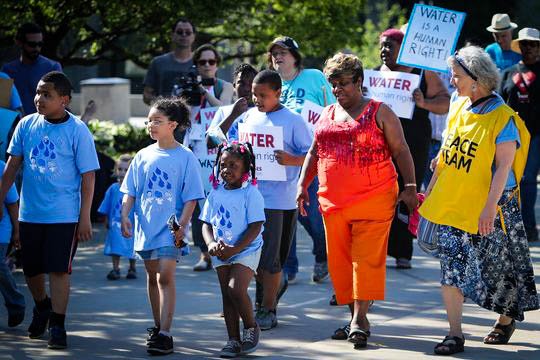
accompanying marchers seeking to protect water
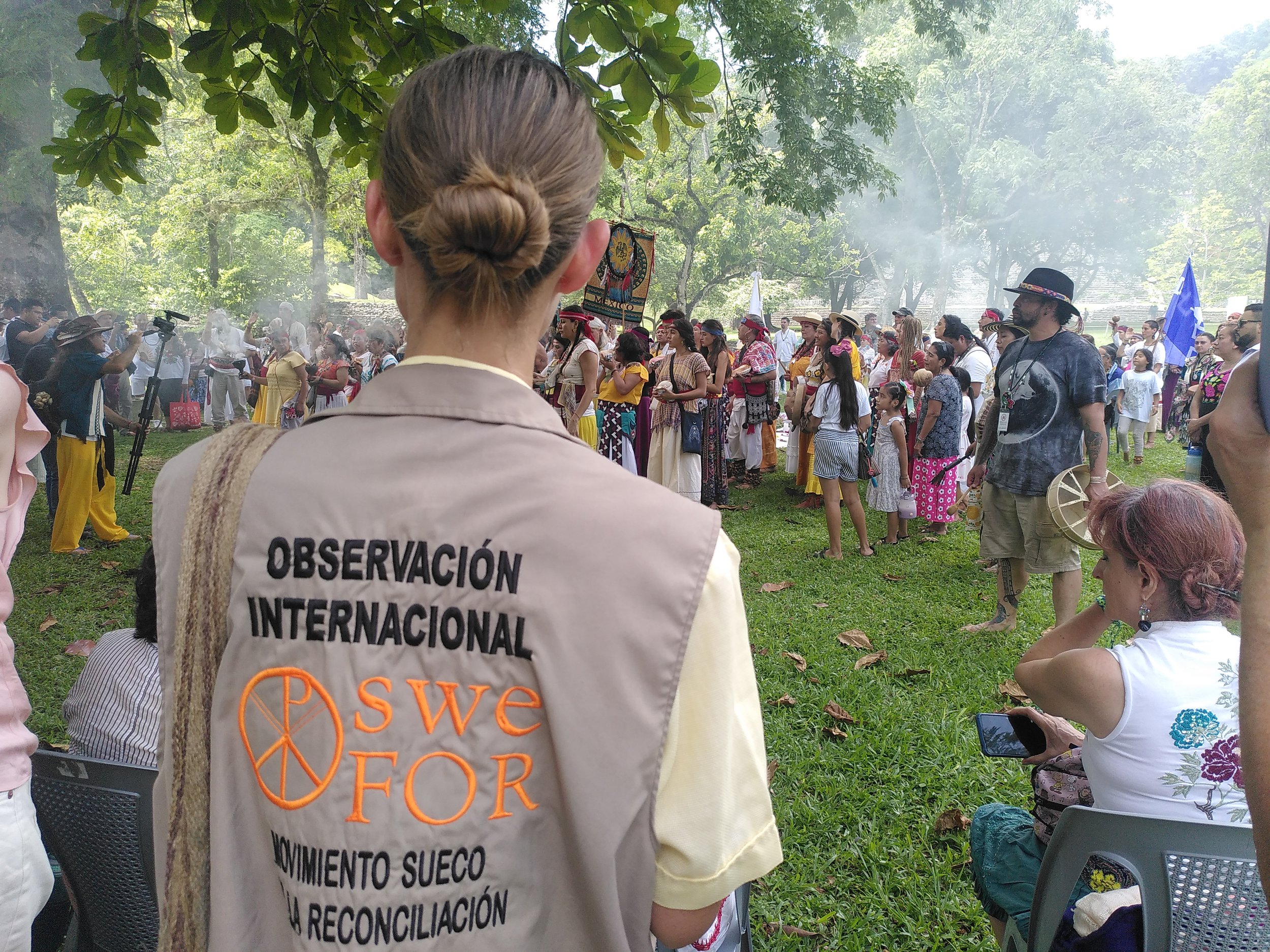
accompanying civil society human rights defenders
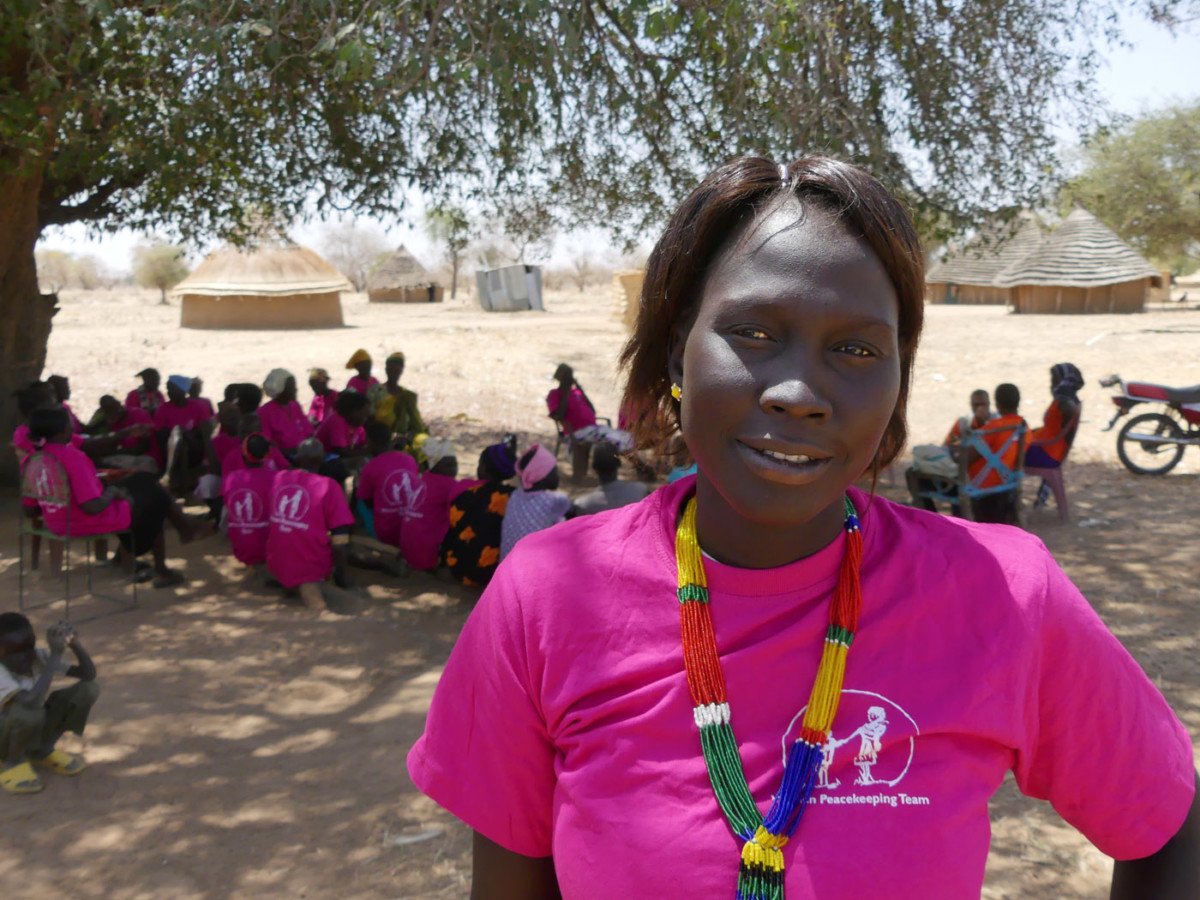
partcipating in a weekly meeting of a Women’s Peacekeeping Team
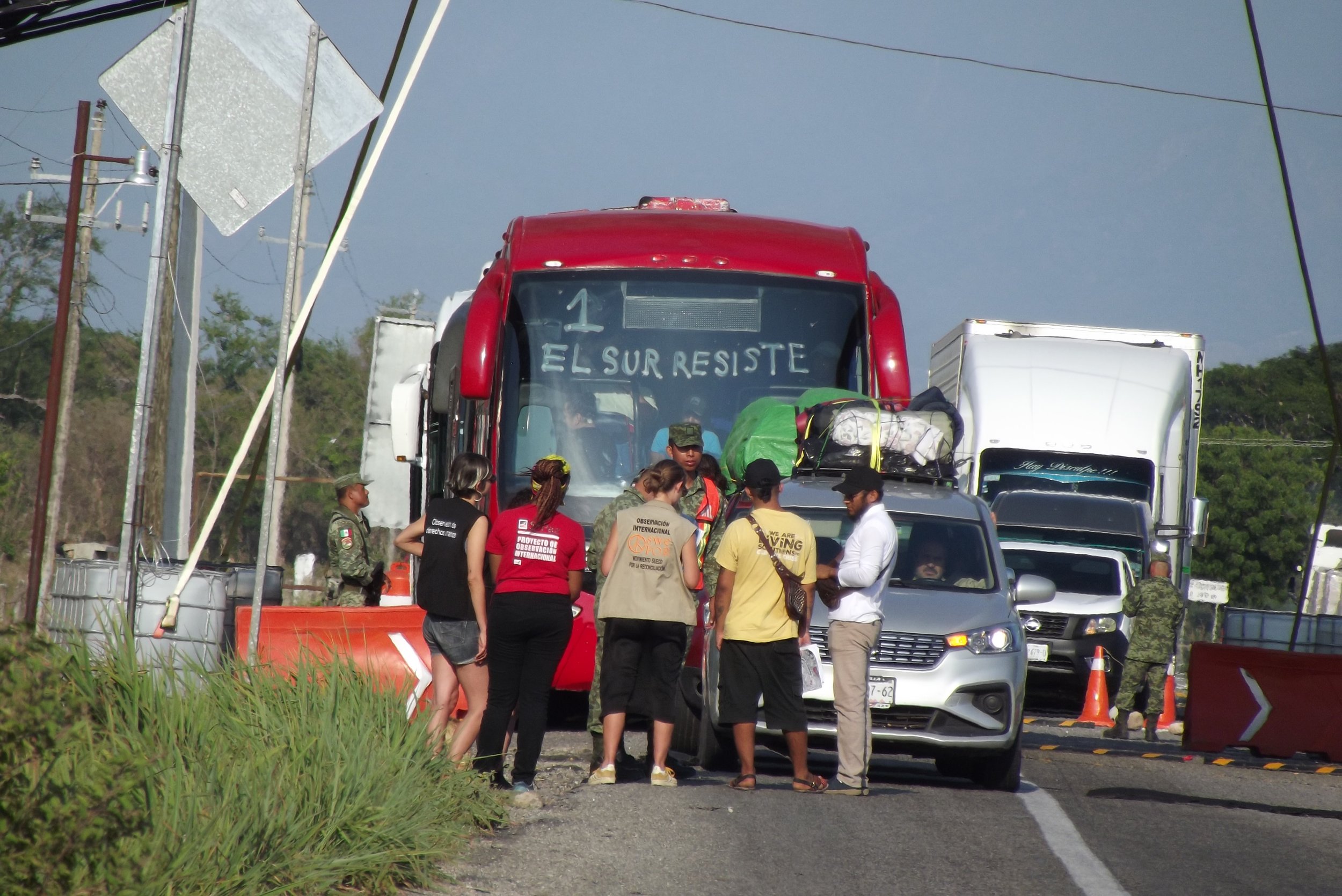
facilitating a dialogue between authorities from the National Institute of Migration and the Mexican Army to facilitate the transit of the Caravana "El Sur Resiste"
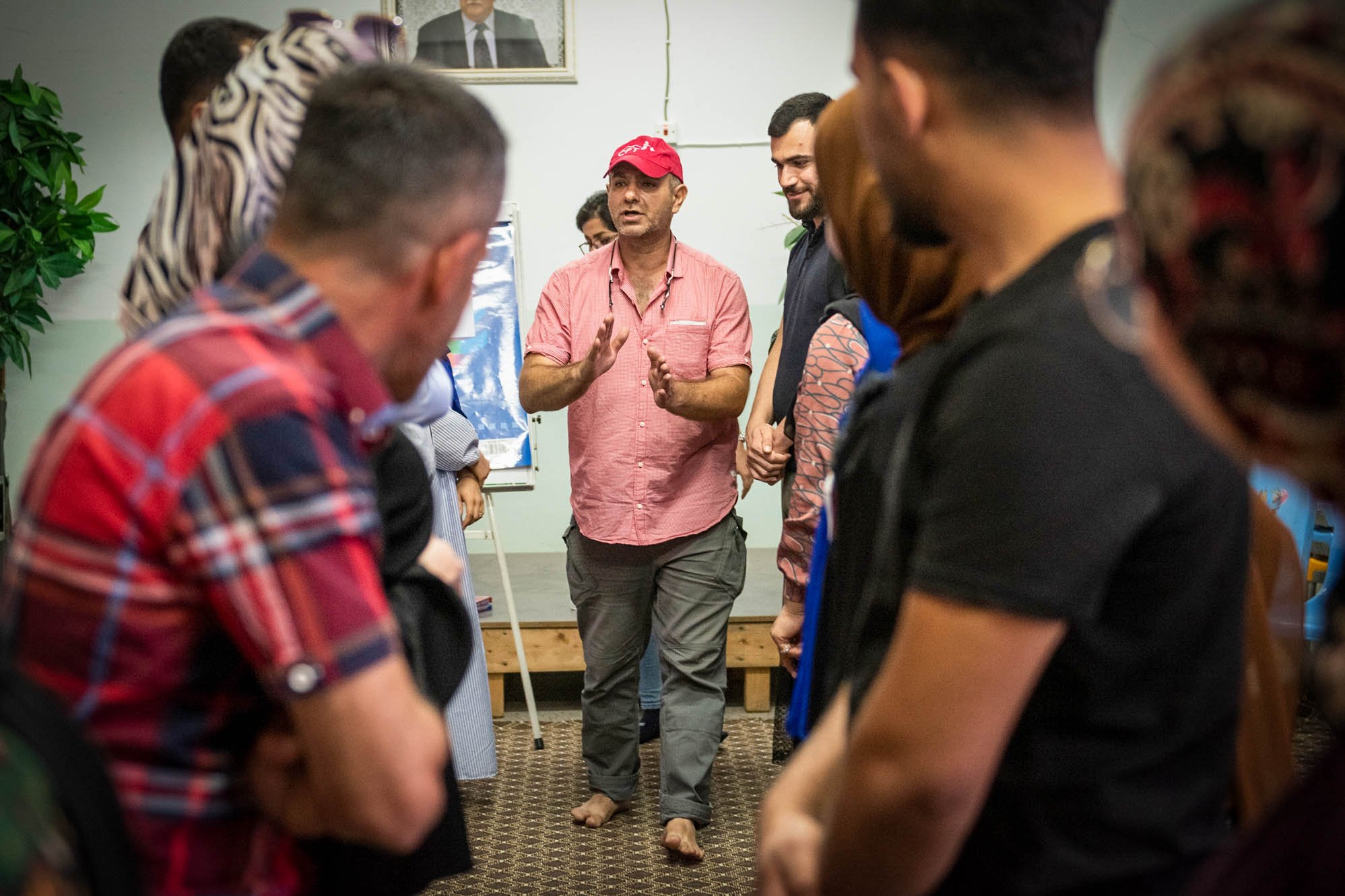
supporting a de-escalation/nonviolence workshop
Join us as we create the paradigm shift required to help meet the challenges of increasing militarism, ecological violence and authoritarianism. The Unarmed Civilian Protection/Accompaniment Community of Practice (CofP) is a dynamic network of organizations and individuals evolving together to create effective, community centered, nonviolent ways for civilian and community protection and violence prevention. We are the ones who will create our own safety, learn from one another and present realistic approaches to real safety that rely upon relationships rather than weapons and violence.
Members of our network:
form working groups to discuss Key Topics and produce materials relevant to the CofP,
organize both virtual and in-person Meetings to share good practices and identify next steps for CofP members,
do community and collaborative Research to broaden the evidence base of nonviolent protection, support learning within the community, and inform global discussion on protection,
influence Policy by educating and influencing legislators, policymakers and other decision makers about the value of unarmed civilian protection, and
choose to Connect regularly to continue to strengthen and expand our CofP.

